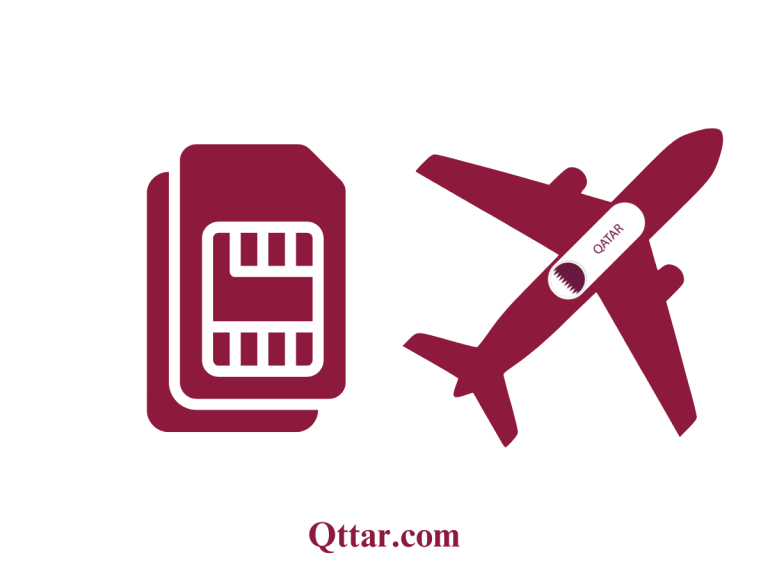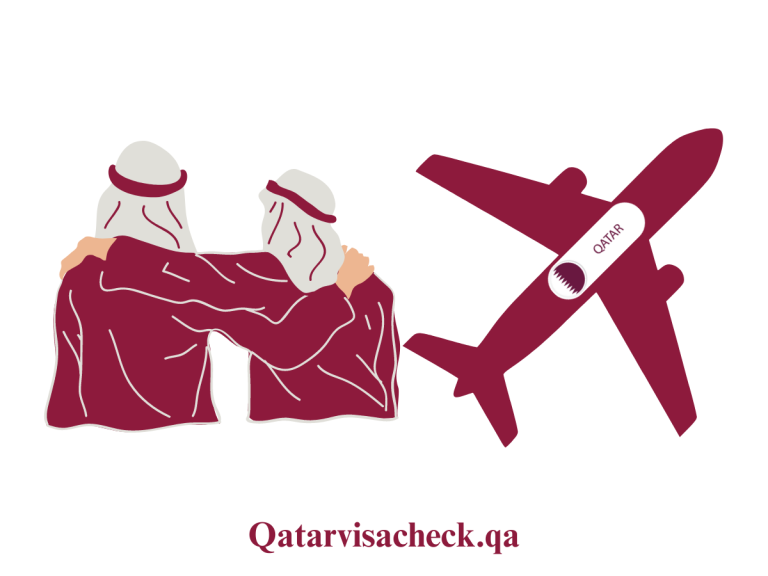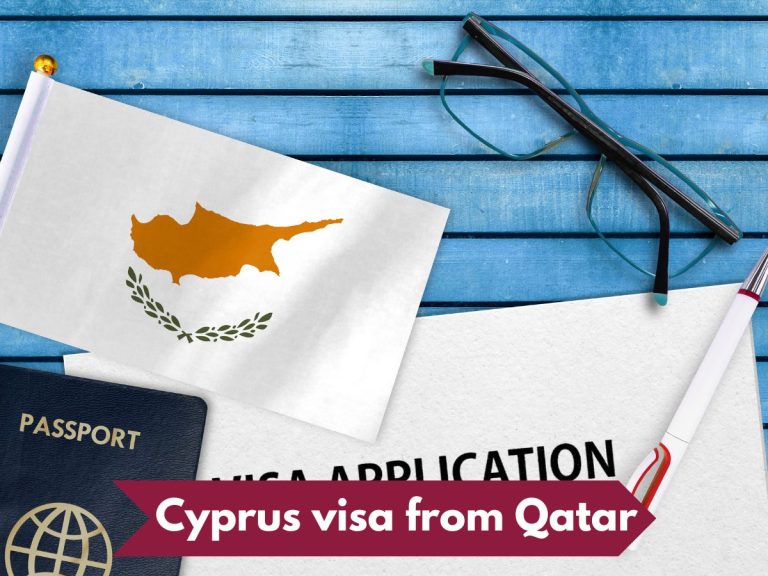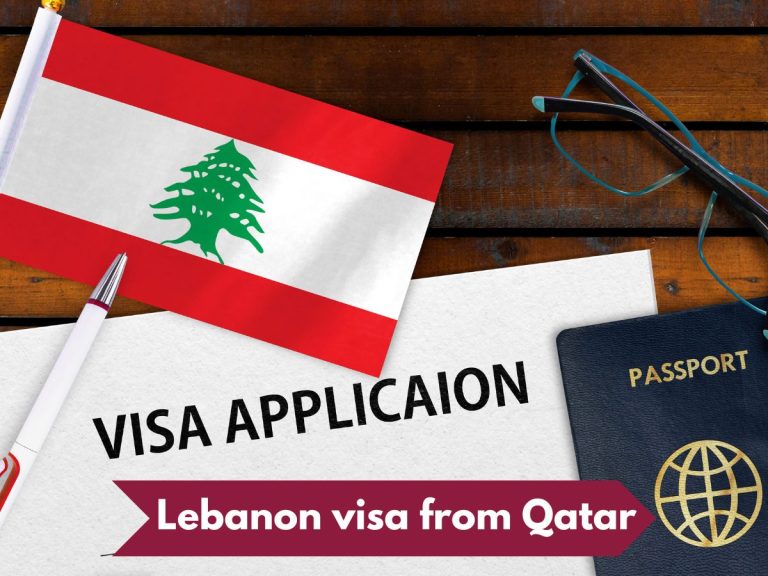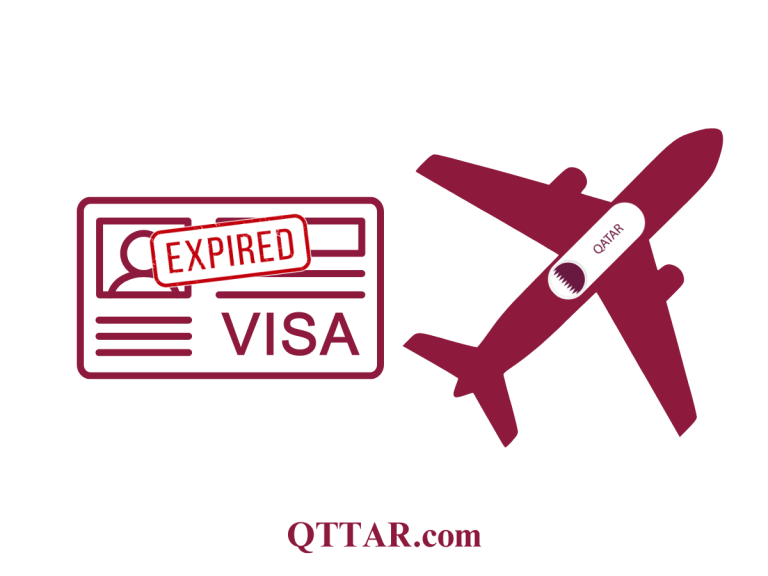Schengen Visa Photo Requirements: Size & Background
The Schengen visa photo requirements include submitting two identical, recent color photos measuring 35mm x 45mm. The photos must have a plain light background, show a full-face view, and meet specific size and quality standards.
Understanding Schengen Visa Photo Specifications
When applying for a Schengen visa, providing the correct type of photograph is crucial. The Schengen Area, which includes 26 European countries, has standardized photo requirements to ensure consistency across all visa applications. These requirements are based on the International Civil Aviation Organization (ICAO) standards.
Basic Photo Requirements
The basic requirements for Schengen visa photos are:
- Number of photos: Two identical photographs
- Photo size: 35mm x 45mm (1.38 x 1.77 inches)
- Photo quality: High-resolution, clear, and in focus
- Background: Plain, light-colored (preferably white or light grey)
- Age of photo: Taken within the last 6 months
These specifications ensure that the photos are suitable for both visa processing and identification purposes.
Head and Face Position
The position of your head and face in the photo is important:
- Head position: Centered and facing the camera directly
- Face coverage: 70-80% of the photo (32-36mm from chin to top of head)
- Expression: Neutral, with mouth closed and eyes open
- Eye visibility: Both eyes must be clearly visible
Proper head and face positioning helps in accurate identification and ensures that the photo meets the required standards.
Photo Background and Lighting
The background and lighting of the photo play a significant role in its acceptability:
- Background color: Light, preferably white or light grey
- Background pattern: Plain, without any patterns or shadows
- Lighting: Even, without shadows on the face or background
- Contrast: Normal, showing natural skin tones
A proper background and lighting setup ensures that the photo clearly shows the applicant’s features without any distractions.
Clothing and Accessories
What you wear in your Schengen visa photo matters:
- Clothing: Everyday attire is acceptable
- Colors: Avoid wearing clothes that match the background color
- Uniforms: Not allowed, except for religious attire worn daily
- Headwear: Generally not allowed, except for religious reasons
- Glasses: Allowed if they don’t obscure the eyes and have no glare
- Sunglasses: Not permitted
These guidelines ensure that the photo represents your everyday appearance without any elements that could hinder identification.
Photo Quality and Format
The technical aspects of the photo are equally important:
- Print quality: High resolution on photo-quality paper
- Color: Full color photos only, no black and white
- Editing: No digital alterations or enhancements
- Finish: Matte finish, not glossy
- Damage: No creases, marks, or ink stains
High-quality, unaltered photos are essential for accurate processing and identification.
Special Considerations
Photos for Children and Infants
When submitting photos for children or infants:
- Same size requirements apply as for adults
- For infants: Photos can be taken while lying down
- No other person should be visible in the photo
- For young children: A neutral expression is preferred, but a natural smile is acceptable
These considerations ensure that even the youngest applicants have appropriate photos for their visa applications.
Medical Exceptions
In some cases, medical conditions may affect photo requirements:
- Head coverings: Allowed for medical reasons with proper documentation
- Expression: Exceptions may be made for certain medical conditions
- Eye visibility: Special considerations for visual impairments
Medical exceptions are evaluated on a case-by-case basis, and proper documentation is required.
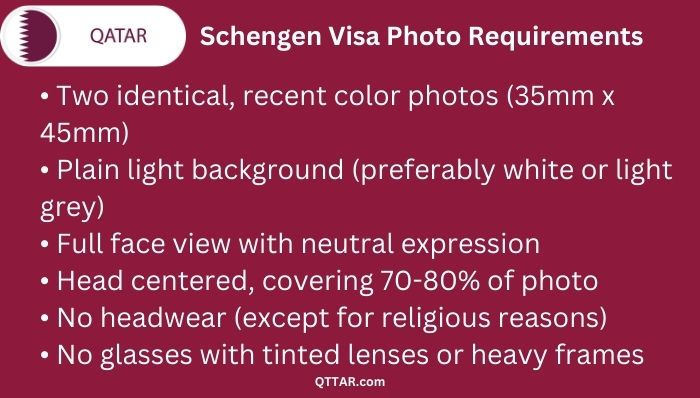
Common Mistakes to Avoid
When preparing your Schengen visa photos, be aware of these common errors:
- Using old photos
- Submitting photos with a busy background
- Wearing sunglasses or tinted glasses
- Submitting photos with a smile or unnatural expression
- Using photos with poor lighting or shadows
- Submitting creased or damaged photos
Avoiding these mistakes will increase the chances of your visa application being accepted without delays.
How to Obtain Compliant Photos
There are several ways to get photos that meet Schengen visa requirements:
- Professional photo studios: Many offer Schengen visa photo services
- Passport photo booths: Some are equipped to provide Schengen-compliant photos
- Online photo tools: Websites and apps can help you take and format compliant photos
- DIY method: With careful attention to requirements, you can take photos at home
Whichever method you choose, ensure that the final photos meet all the specified requirements.
Submitting Your Photos
When submitting your Schengen visa application:
- Attach photos with a paper clip, do not staple or glue
- Ensure photos are not bent or damaged
- Write your name and date of birth on the back of each photo
- For online applications, follow the instructions for digital photo submission
Proper submission of your photos helps prevent processing delays and ensures your application is complete.
The Importance of Correct Photos
Submitting correct photos for your Schengen visa application is crucial because:
- It prevents delays in processing your application
- It helps avoid rejection of your visa application
- It ensures accurate identification at border controls
- It contributes to the security measures of the Schengen Area
Taking the time to obtain and submit the right photos can save you time and potential frustration in the visa application process.
Photo Requirements for Different Schengen Countries
While the basic requirements are standardized across the Schengen Area, some countries may have slight variations:
- France: Emphasizes the importance of a neutral expression
- Germany: Specifies that photos must be unmounted
- Italy: Requires photos to be less than 3 months old
- Spain: Stresses the importance of a white background
It’s advisable to check the specific embassy or consulate website for any country-specific photo requirements.
Digital Photo Submissions
With the increasing digitization of visa applications:
- Some countries now accept digital photo uploads
- Digital photos must meet the same size and quality requirements as printed photos
- File format is typically JPEG
- File size limits may apply (often between 10KB and 300KB)
Even when submitting digital photos, it’s often required to bring physical copies to your visa appointment.
Biometric Data and Photos
Schengen visa photos are part of your biometric data:
- Photos are stored in the Visa Information System (VIS)
- They are used for identification at borders
- The data is retained for future reference and security checks
- Biometric data, including photos, is shared among Schengen countries
Understanding the role of your photo in the broader context of biometric data highlights its importance in the visa process.
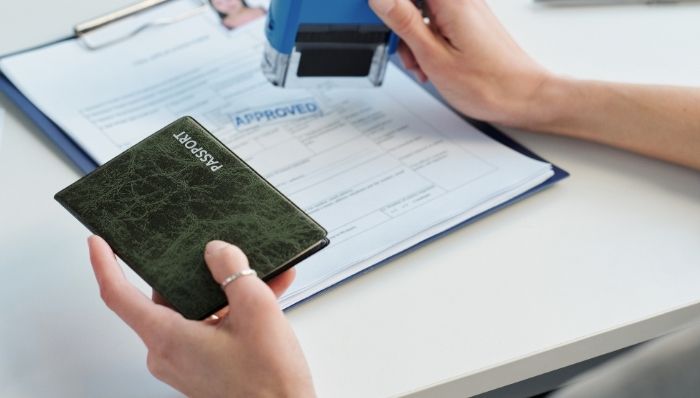
Frequently Asked Questions
- Can I smile in my Schengen visa photo?
No, a neutral expression with a closed mouth is required. - How recent should my Schengen visa photo be?
The photo should be taken within the last 6 months. - Can I wear religious headwear in my Schengen visa photo?
Yes, if it’s worn daily and doesn’t cover your face. - Are black and white photos acceptable for Schengen visa applications?
No, only color photos are accepted. - Can I use the same photo for multiple Schengen visa applications?
Yes, as long as it’s recent and meets all requirements. - What if I wear glasses? Can I keep them on in the photo?
You can wear glasses if they don’t obscure your eyes and there’s no glare. - Is it okay to have shadows in the background of my Schengen visa photo?
No, the background should be plain and free of shadows. - Can I submit a photo taken with my smartphone for a Schengen visa application?
Yes, if it meets all size and quality requirements. - Do children need to follow the same photo requirements for Schengen visas?
Yes, the same requirements apply to children, with some flexibility for infants. - How many photos do I need to submit with my Schengen visa application?
You need to submit two identical photos.
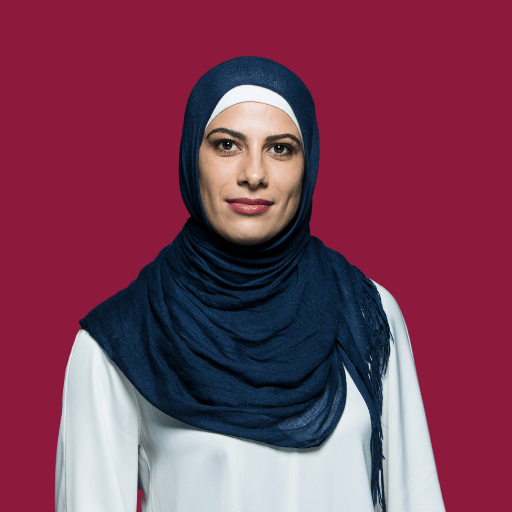
Ammara Abdullah is an experienced writer and editor specializing in technology and digital trends. With over 5 years of experience, she produces insightful articles on emerging tech, consumer electronics, and digital culture. Ammara holds a degree in journalism and is passionate about making complex topics accessible to readers.

